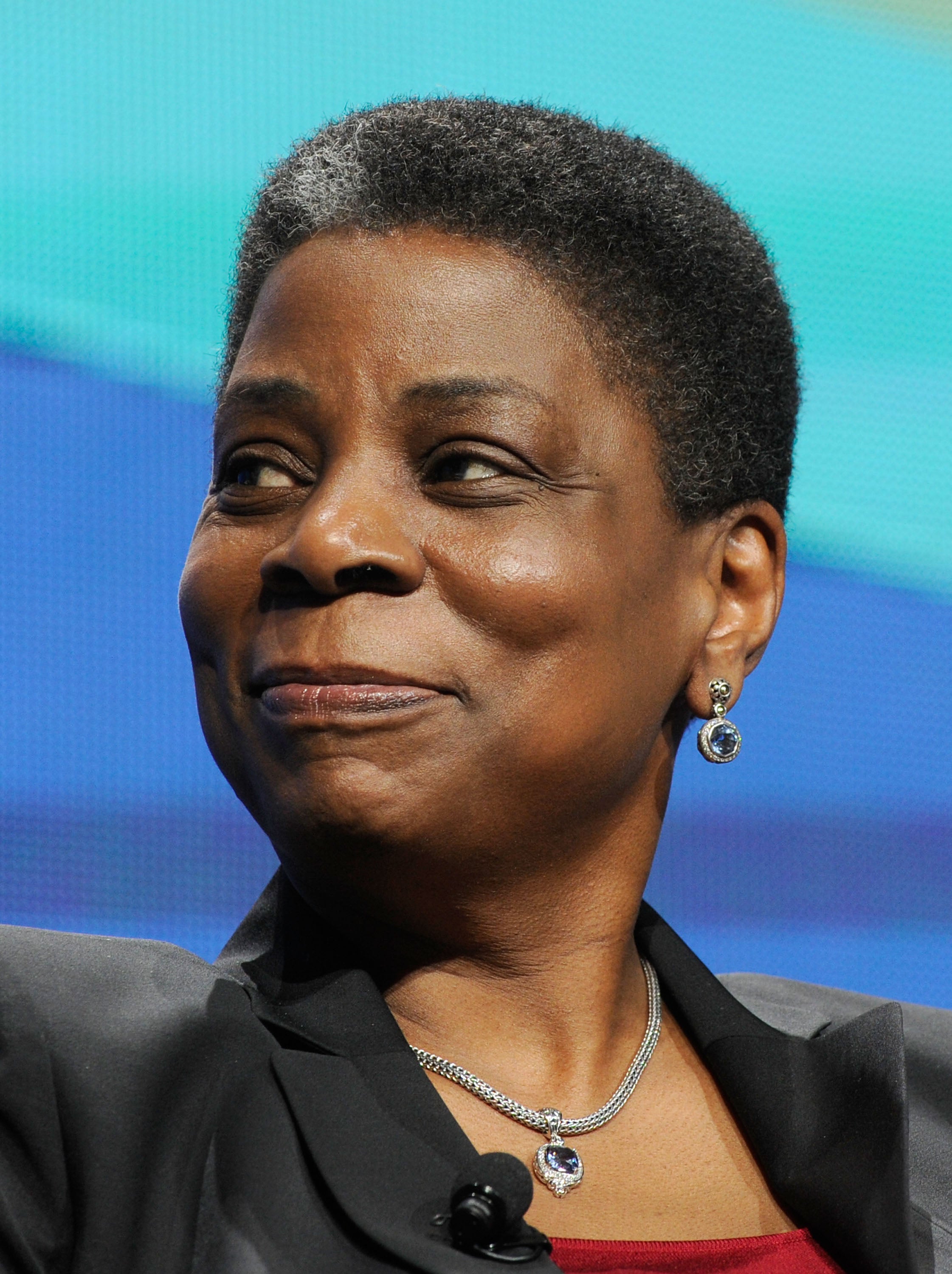
When Ursula Burns stepped down as CEO of Xerox in 2016, her departure created a whole new statistic: there were no longer any black women running Fortune 500 companies.
That statistic still holds strong today.
Despite graduating from college in record numbers, and holding the title as the most educated demographic in America, little headway has been made for black women in the C-Suite, a problem that FORTUNE looked into in their Oct. 1, 2017 issue.
So why are black women, despite our smarts, grit and determination, not making it to top company positions in record numbers? Here are the seven things we learned from the FORTUNE story.
— Only one black woman made the list of FORTUNE’s 50 Most Powerful Women in Business: Home Depot’s EVP for U.S. stores Ann-Marie Campbell, who landed at no. 18. Most recently, the new COO of Starbuck Rosalind Brewer is also catching the publication’s eye. But given that a record 32 CEO women made this year’s Fortune 500, and none are black, it shows that though the glass ceiling may be cracking, a “black ceiling” for black women seems to be firmly in place.
–According to Burns, black women who do “make it” end up in support roles rather than the operational positions that tend to lead to the CEO chair. This means that there are not enough of us working directly with the products and the money. “HR isn’t going to get you there,” she says. “Communications and the arts aren’t going to get you there.”
–It is difficult for black women to close the familiarity gap with white men, the largest demographic in positions of power in corporate America. It is white men who are most likely to be mentors and sponsors. But because they are neither white, nor men, black women are “double outsiders”, according to talent management research firm Catalyst. This outsider status makes it more difficult for black women to navigate the informal networks where jobs, mentors and sponsors are usually found.
“There’s no natural place for these people to get together,” says Burns of potential sponsors and ambitious young black women. “These places have to be created. There is no natural pathway for connection; it’s not going to happen just walking down the hall.”
–Office environments are often difficult places for black women to navigate. From having their credentials overlooked to cultural differences, these microaggressions all add up to an “emotional tax,” according to Catalyst, that then affects these women’s lives in negative ways.
–This emotional tax is why #BlackWomenAtWork, the hashtag created by Brittany Packnett really took off this year. Packnett was inspired to create the hashtag after both Rep. Maxine Waters (D-Calif.) and journalist April Ryan were publicly insulted on the same day in March. The hashtag became a trending topic as black women shared the many affronts they endure at work on a daily basis.
–Although black women are eager to learn and grow, constructive feedback remains a big problem. Carla Harris, Morgan Stanley’s vice chairman of wealth management and senior client adviser, says that people in positions of power often fail black women by not being candid with their feedback. Whether it is course correction or how to best advance their careers, the feedback is just not being given to black women.
“You pick the reason, whether it’s fear of litigation or they’re afraid of your emotional reaction,” she says. “But leaders tend not to give black women the real-deal feedback they need in order to improve. If you’re going to mentor somebody you have to do that, and most organizations are not confrontational, whatever the industry.”
–The room to make risk is not always available to African American women because we are often the ones trying to maintain equilibrium in our homes and communities. And as the wealth disparity among college educated blacks and whites continues to grow further apart, taking career risks — they type that would help lead to a CEO role —are often out of the question.
You can read more about why black women aren’t making it in the C-Suite in the full article on Fortune.com





